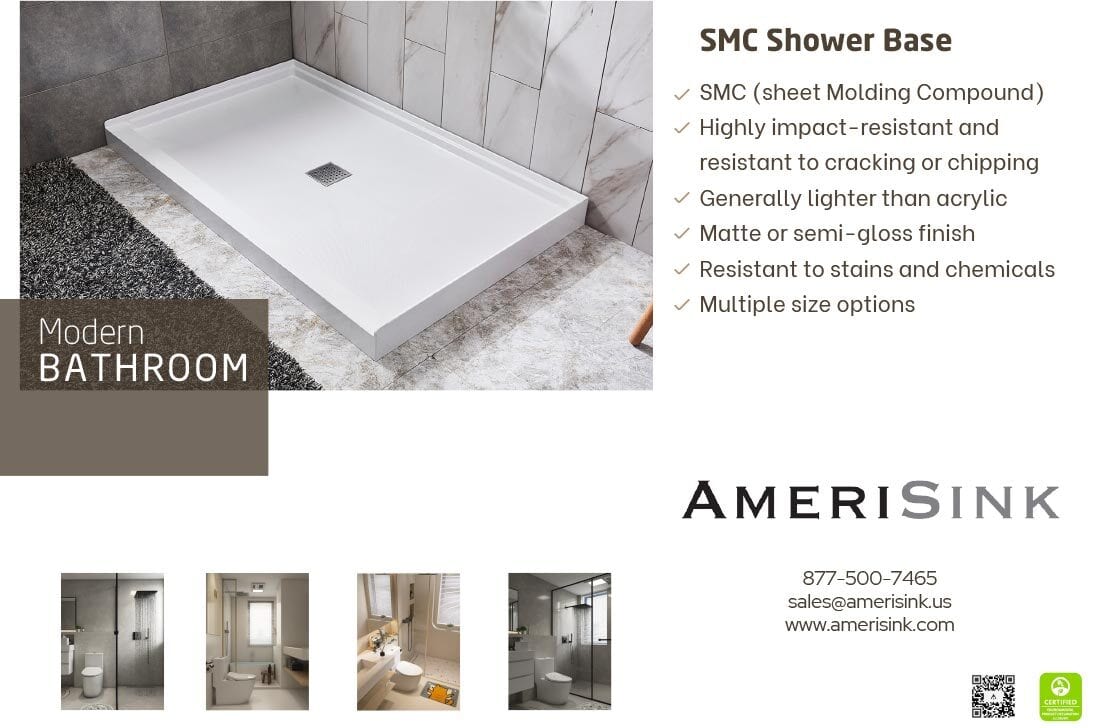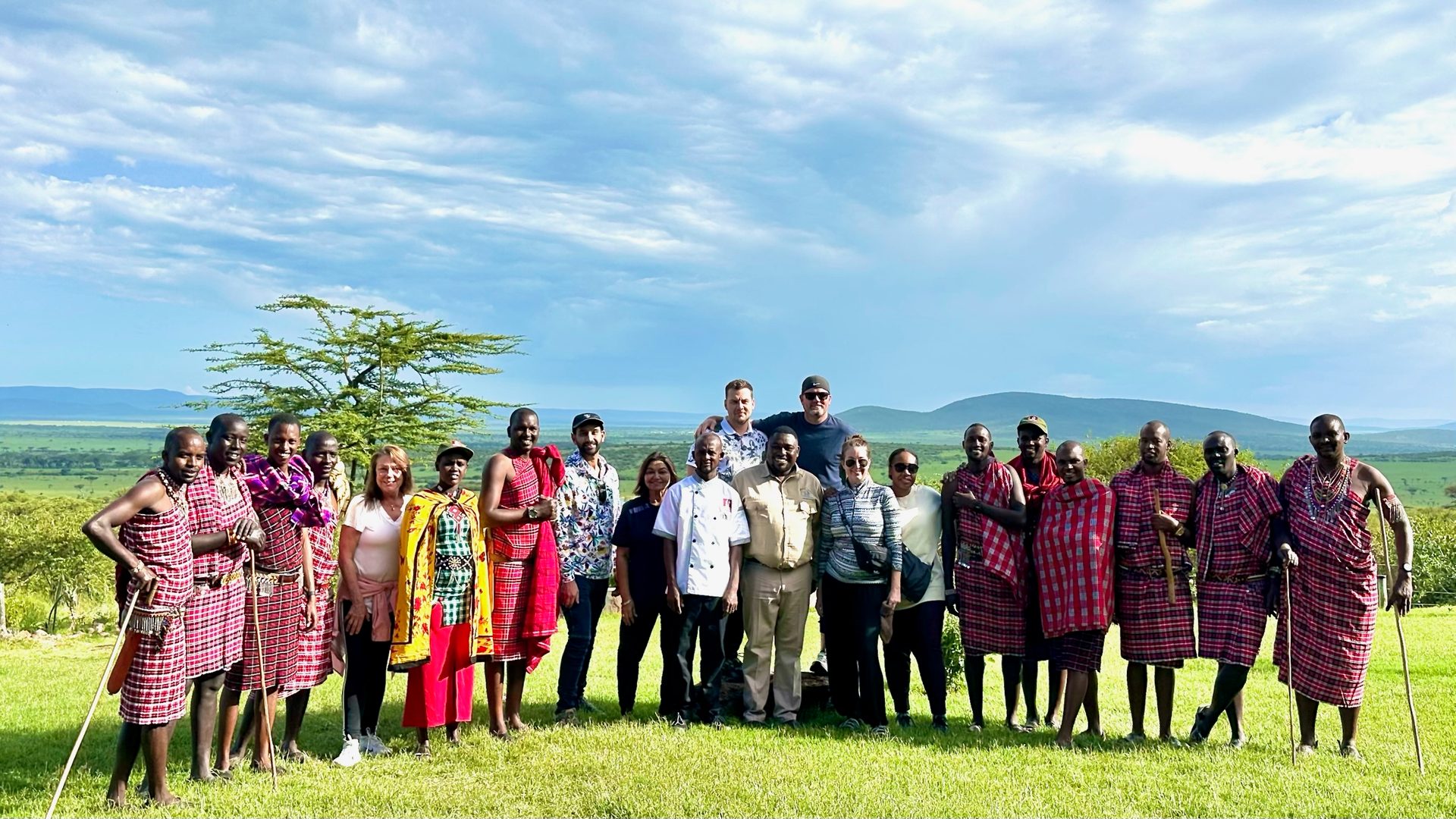Maximizing Efficiency in a Fabrication Shop
During a session held at the tise Learning Lab during StonExpo, an industry expert led a discussion on best business practices to run a productive and lucrative fabrication business
by Jennifer Richinelli
Photo by Jennifer Richinelli
In the bustling world of fabrication shops, where time and money dictate success, Mark Phillips stood before an eager group at an educational session during The International Surface Event (tise) held last month in Las Vegas, NV, ready to dive deep into the world of efficiency. His session was titled "Shop Efficiency," but his lessons were universal, applicable to any business keen on optimizing their operations for profitability.
"Welcome, everybody. We'll start right on time because that's the efficient thing to do," said Phillips, setting the tone for a session packed with insights on how to streamline business processes. His approach was not about cutting corners, but about enhancing the core function of any business. "What's the core function of business? Making money," he said, echoing the sentiment of the room.
During the discussion, Phillips introduced the concept of throughput, the metric he emphasized as the true measure of value. "Throughput is the measure of value in your business," he explained, detailing how one should calculate it by subtracting total variable expenses from sales price. Phillips pushed forward, discussing how to maximize this value.
"We're not talking about efficiency for efficiency's sake, but efficiency for money-making sake," he clarified, ensuring everyone understood that the goal was not just to be busy but to be profitable.
He then detailed how to measure efficiency through productivity scores, which involved comparing throughput with operational expenses. "The way we measure that we're efficient from that perspective is through productivity scores," said Phillips, breaking down the complexities into digestible insights.
The conversation turned to practical steps, with Phillips asking the audience for their input on starting points for efficiency. "Step one is to map your flows," someone suggested, to which Phillips nodded approvingly. He elaborated on mapping processes by content, sequence, timing and expected outcomes — illustrating how each element could either lead to profit or waste.
Throughout the session, Phillips didn't shy away from the realities of business operations. He talked about constraints, the bottlenecks in business, and how understanding and exploiting these could lead to significant gains.
"We want to set our schedule to whatever your lowest constraint is, and that becomes what limits the potential of our plant at that current stage," he said, urging everyone to focus on the weakest link rather than overall efficiency.
As the discussion neared its end, Phillips left the audience with a powerful message on the importance of continuous improvement and discipline. "Don't let what you do today become a constraint on what you're trying to do tomorrow," he said, emphasizing the need for ongoing reassessment and adaptation in business practices.
The session concluded with Phillips painting a vision of what efficient business operations could lead to: quicker lead times, fewer callbacks, higher productivity scores, and ultimately, greater profitability. "Boring is profitable," he concluded, suggesting that a business running smoothly, predictably and without chaos was, in fact, on the right track to success.
Rod Sigman CTC, CCTS, CSMTT is the business development leader for MAPEI Corporation’s UltraCare® line of products for the care and maintenance of tile and stone products. Sigman has a proven track-record of success in the flooring industry, with experience in both training and education, as well as all support functions pertaining to national sales accounts and distribution. He has served on the technical committees of the National Tile Contractors Association (NTCA) and the Natural Stone Institute (NSI). He has successfully completed the Ceramic Tile Consultant Course, is a Certified Ceramic Tile Specialist (CCTS) and is also a Concrete Slab Moisture Testing (CSMT) Technician. Further, he was recognized by the Marble Institute of America (now the Natural Stone Institute) as a significant influence for the stone industry.

